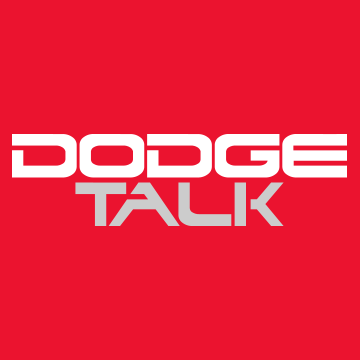I mentioned in my intro that I come from a generation when carburetor adjustments , valve adjustments and, spark plug
replacement was a common practice. Not so in today's world. I was really surprised to learn that present day iridium
spark plugs can last tens of thousands of miles. No need to replace like in the old days. Many different things contribute to this extended life of the spark plugs in todays world. Should you elect to replace spark plugs what kind of spark plugs are factory type ? I've read NGK is a factory installed item. Long time Chrysler engineer Larry Shepard recommends using a Bosch brand plug. I'm not sure if spark plug replacement in todays world is as prevalent as it was "back in the day" So which flavor are you using?
replacement was a common practice. Not so in today's world. I was really surprised to learn that present day iridium
spark plugs can last tens of thousands of miles. No need to replace like in the old days. Many different things contribute to this extended life of the spark plugs in todays world. Should you elect to replace spark plugs what kind of spark plugs are factory type ? I've read NGK is a factory installed item. Long time Chrysler engineer Larry Shepard recommends using a Bosch brand plug. I'm not sure if spark plug replacement in todays world is as prevalent as it was "back in the day" So which flavor are you using?





